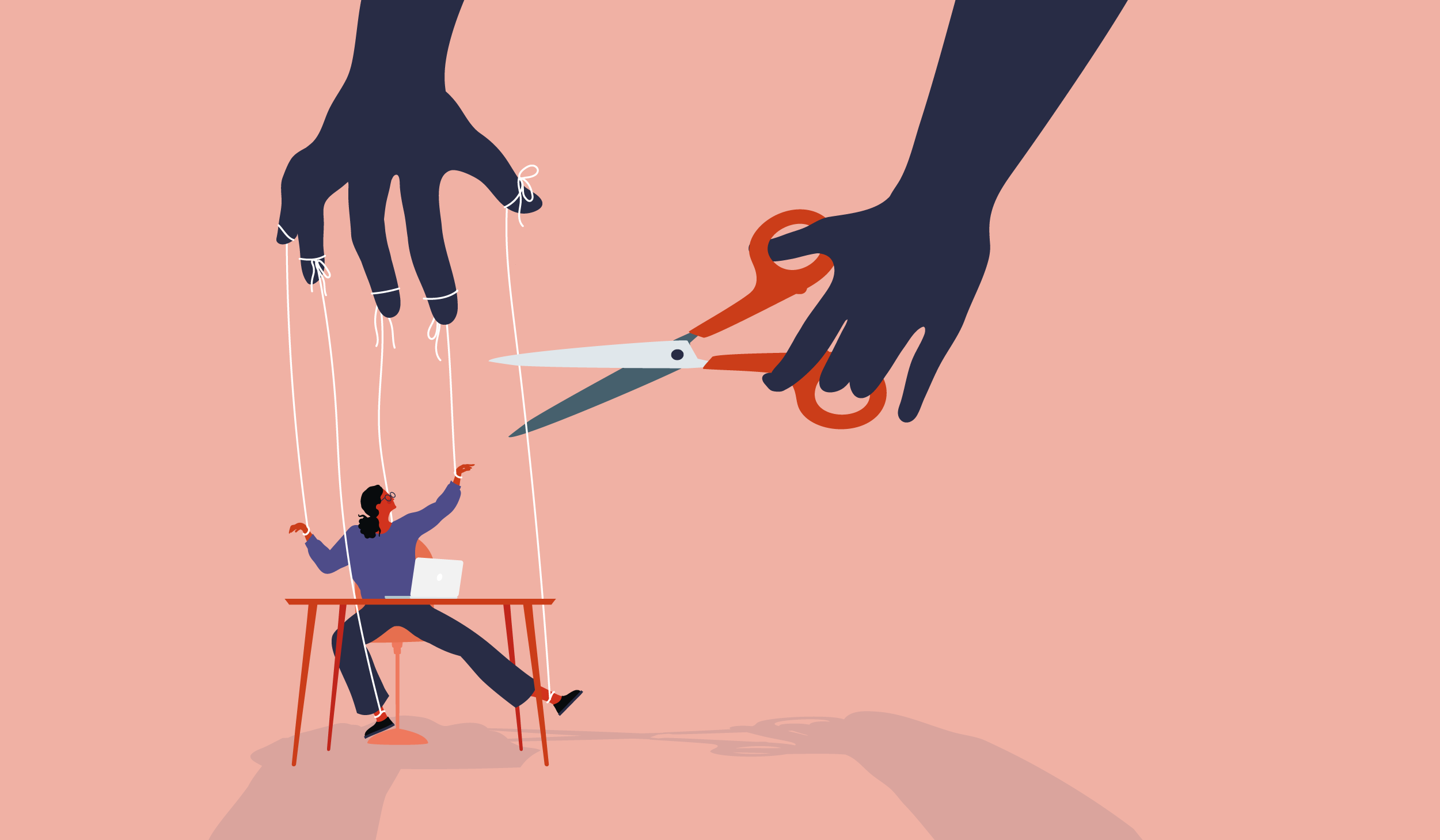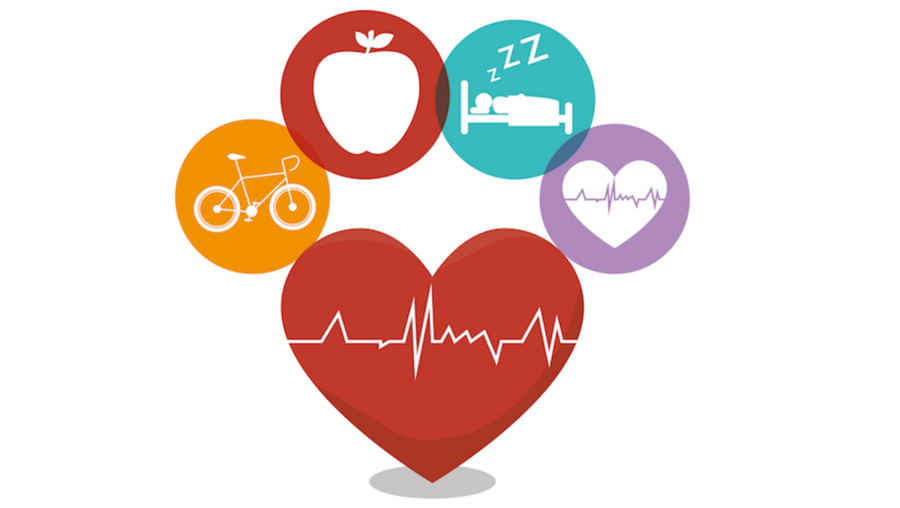
The choices we make in our daily lives have a significant impact on our lifestyle and quality of life in general. If we can harness our ability to make decisions and make positive-impact in our lives rather than negative, we will be improving our lives. Last month I wrote about how making decisions rather than sitting on them for months on end is better for our learning. In this article I’ll try and articulate how we can make good decisions more often. How we can talk to ourselves about making more decisions that help us get ahead rather than hinder our progress. We all know humans often make decisions that take them two steps back rather than propelling them forwards. Take something as simple as losing weight for example. We know exactly what it takes to lose weight and eat healthy, yet in 2018 (according to national health survey) 67% of the population was overweight. We also know that cigarettes cause harm yet it is estimated that 20% of the world smokes. And finally how we know spend more than 13% of our wake time on social media roughly 2 hours and 20 mins per day. Why do we make decisions like this every single day and complain about being ‘busy’ everyday? We know what decision will result in us being effective yet we choose to the wrong path for ourselves. There have been books written about the psychology of decision making so I won’t attempt to go deep, but at least provide some ways to improve decision making as a whole.
Our decision-making habits have formed over a number of years and
add to who we are today. To change the way we make decisions, we have to
alter the years of hard work we have put in hard wiring our
decision-making habits. To change the process, we must break it down
into smaller decisions or habits that require altering. If we could
control the daily decisions we make for each of the long-term goals, the
better chance we will have of achieving them. The reason we make poor
decisions is because we lose sight of the long-term goal. The long-term
goal consists of lots of little decisions to get there. Weight loss for
example requires hundreds of little decisions to make an impact on the
goal of weight loss. These might include: eating healthy/balanced meals,
working out, taking the stairs instead of escalators, drinking at least
three litres of water, and not eating rubbish snacks when offered. It
is no wonder that millions of people around the world struggle to make
ends meet and lose sight of their goals. The general advice is to break
down the goals into smaller goals, which is helpful to keep us on track,
however, it’s the habits that we need to target to achieve the goals.
Working on changing four habits at a time is hard to do (eat better,
work out more, walk more, drink more water, etc), so it would be better
if we tackle a single habit first. For example, drinking more water –
for the first week just aim to drink three litres of water, the next
week add more walking to go with the water, then introduce workouts the
following week, and so on. This will help you ease in to it and help the
body get used to a new habit. The feeling of achievement is important
to fuel the next habit change so every time you make a step in the right
direction, it will change your brain chemistry to make even better
decisions. Remember, willpower is like a muscle; the more you work it,
the stronger it gets. Some habits may require longer than a week
depending on how long it’s been ingrained in your head, but rest assured
it will eventually buff out if you keep the long-term goal in mind.
Overcoming obstacles. Each change of habit may also have its downfalls.
Consider the goal of weight loss as an example. We will at times need to
indulge in some not-so-healthy food or go out with friends instead of
going to the gym, but in the end if we stick to making more good
decisions than bad, we will come out on top.
Personally, I stick to 17 good meals per week and 4 cheat meals (7
days times 3 meals a day equals 21). It’s okay to indulge but it is
equally import to have a plan if things change halfway through the week.
Know what your temptations are and have a coping mechanism planned in
your head to deal with it. Living and breathing our long-term goals will
help us to be disciplined in making decisions. Every single right
decision will help keep the momentum and help keep your temptations at
bay.
Keeping our long-terms goal clear and specific will help keep a
better decision discipline. There are two tools I use to help keep me
accountable. One is goal reminders and two is tracking goals. Posting
our goals where we can see them helps remind us of the long-term vision –
this could be a vision board or a list of items on your journal or
something on your bathroom mirror. As long as it is somewhere you see
them every day, that should suffice. The other is a way of tracking our
goals. Ticking things off a list is good for our brain and works as a
reward. Us humans love being rewarded and as long we can see progress in
front of our eyes, it helps us stay on track.
All plans require writing down and all execution requires action. It is
essential to have a plan to work towards so we can keep our focus on
our day to day lives. Having a goal helps us with our daily
decision-making and staying disciplined. If you have a goal you want to
achieve and you don’t have a plan – get writing.






